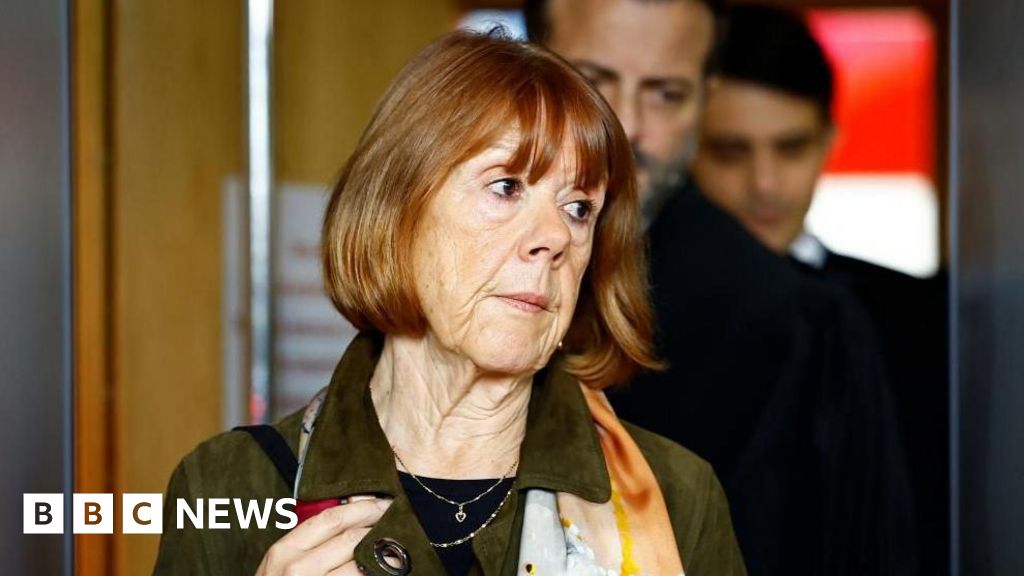The Minister Designate of the Ministry of Humanitarian Affairs and Poverty Reduction, Nentawe Yilwatda, said his ministry will adopt the data of the National Population Commission (NPC) to determine the locations of vulnerable people across the country.
Mr Yilwatda, a former electoral official who served as Benue State Resident Electoral Commissioner in 2017, explained that the electoral commission, INEC, also uses the data from the NPC.
He said Nigeria’s geospatial data, used by INEC to determine and locate polling units across the country, also has the capacity to locate poor people within states, local government areas, and ward levels.
He stated this on Wednesday when he appeared before the Senate for screening.
“Once you want to address any issue in this 21st century, the first thing you do is you get data, because data is a king in resolving challenges in the 21st century, and this is what we may do as a country, or as a ministry if given the opportunity.
“First is to work with agencies that we need the data from. And the first thing we need to do is, if given the opportunity, because while in INEC, we worked with the National Population Commission in getting the geospatial data of Nigeria. And if you look at the NPC delimitation, it delineated Nigeria into six geographical zones, 36 states plus Abuja, making it 37. There’s 774 local governments, then the wards.
“And then the wards into what they call enumeration areas, and the enumeration areas become the smallest units that they use in distribution, in dispensing facilities. And that was what INEC has been using in aggregating that data to form what they call polling units, polling units to ward, ward to local government, local government to state, and then to the country. And the same thing will be done in poverty alleviation because you must get the map of the country from the National Population Commission, get enumeration areas across all wards, and then you get the geospatial data of poor people distributed across the country,” he said.
Nigerians need credible journalism. Help us report it.
Support journalism driven by facts, created by Nigerians for Nigerians. Our thorough, researched reporting relies on the support of readers like you.
Help us maintain free and accessible news for all with a small donation.
Every contribution guarantees that we can keep delivering important stories —no paywalls, just quality journalism.
Mr Yilwatda noted that for Nigeria to get accurate numbers and locations of its poor people, the available data must be analysed by state and local government areas and wards.
“Now, that will also involve coming back to the data of the country. And if you look at the data that we have, we say 65% of poor people live in the north, and then 35% live in the south. That’s 86 million people in the north are poor, while 47 people in the south are poor. But we must go further than that.
“Distribute these people by state. Distribute these people by local government. Distribute these people by enumeration areas. And once you can do by ward and by enumeration areas, then you will know how many people are in that community, how many people are poor.
“You can’t say you are sending 10,000 bags of rice to Plateau, No. You are sending 10,000 bags of rice to Plateau, specific numbers will go to the central zone, specific numbers will go to a local government, specific numbers will go to a ward, specific numbers will go to an enumeration area based on the level of poverty,” he added.
How the data will work
The minister-designate said adopting the INEC method would help the federal government capture those who needed palliatives and other measures to reduce hardship.
“By just doing this alone, we can distribute materials to the last man in the country, and that will help in getting data.
READ ALSO: Minister announces date for power restoration in Northern Nigeria
“We can just get a dashboard. The dashboard will be sent to the Senate, to the House of Reps, to the donors funding, to additional partners. We can bring people down to the last man. I think that would be the best way that we can ensure that everyone in the country that needs to get the material, gets it, and that would also help the senators,” the minister designate added.
Following his screening, the senators will now decide whether to confirm Mr Yilwatda as a minister or not. As of press time, the screening of other ministerial nominees was still ongoing.
Support PREMIUM TIMES' journalism of integrity and credibility
At Premium Times, we firmly believe in the importance of high-quality journalism. Recognizing that not everyone can afford costly news subscriptions, we are dedicated to delivering meticulously researched, fact-checked news that remains freely accessible to all.
Whether you turn to Premium Times for daily updates, in-depth investigations into pressing national issues, or entertaining trending stories, we value your readership.
It’s essential to acknowledge that news production incurs expenses, and we take pride in never placing our stories behind a prohibitive paywall.
Would you consider supporting us with a modest contribution on a monthly basis to help maintain our commitment to free, accessible news?
TEXT AD: Call Willie - +2348098788999

















 English (US) ·
English (US) ·